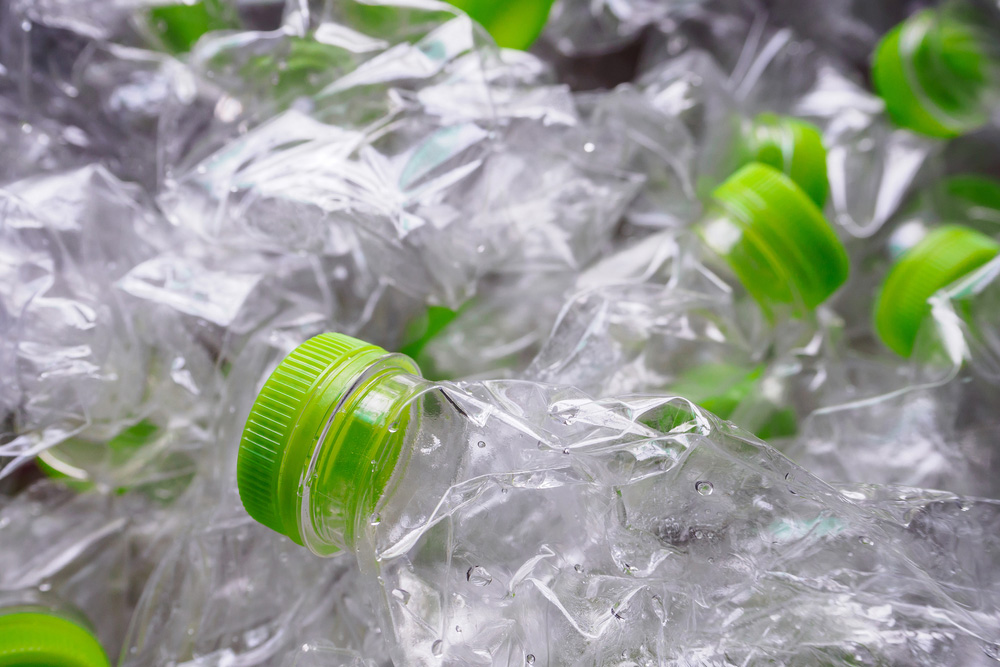How Does Recycling Help The Environment?

Recycling has become an important aspect of modern life as people are increasingly conscious about the impact their actions have on the environment. Recycling is the process of converting waste materials into new products to reduce the amount of waste that ends up in landfills or oceans. In this blog, we’ll discuss what recycling is, why it’s important and what can be recycled.
What Is Recycling?
Recycling is a process that involves converting waste materials into new products. The process of recycling involves collecting, sorting, processing and then manufacturing the waste materials into new products. Recycling helps to conserve natural resources and energy while reducing greenhouse gas emissions and pollution.
Why Is Recycling Important?
Recycling is important for several reasons. Firstly, recycling reduces the amount of waste that ends up in landfills or oceans, which can have a negative impact on the environment. Landfills and oceans are not only unsightly, but they can also release harmful gases and chemicals into the environment, which can be harmful to human health and wildlife.
Secondly, recycling helps to conserve natural resources and energy. When we recycle, we reduce the need to extract new raw materials from the earth, which can be a costly and energy-intensive process. Recycling also helps to conserve energy because it takes less energy to manufacture products from recycled materials than it does to manufacture products from raw materials.
Finally, recycling helps to reduce greenhouse gas emissions and pollution. When waste materials are sent to landfills, they release methane gas, which is a potent greenhouse gas that contributes to climate change. Recycling also reduces the amount of pollution created by the manufacturing process because it takes less energy and produces less waste.
What Can Be Recycled?
Some of the most common items that can be recycled include paper, cardboard, glass, aluminium cans and plastic bottles. These items can be collected and then processed into new products.
In addition to these common items, there are several other items that can be recycled, including electronics, batteries and textiles. Electronic waste, or e-waste, is a growing problem as more and more electronic devices are discarded each year. Recycling e-waste can help to conserve valuable resources and reduce the amount of hazardous waste that ends up in landfills.
In conclusion, recycling is an important process that helps to conserve natural resources and energy, reduce greenhouse gas emissions and pollution and prevent waste from ending up in landfills or oceans. By recycling common items like paper, glass and plastic, as well as e-waste, we can all do our part to protect the environment and create a more sustainable future.






